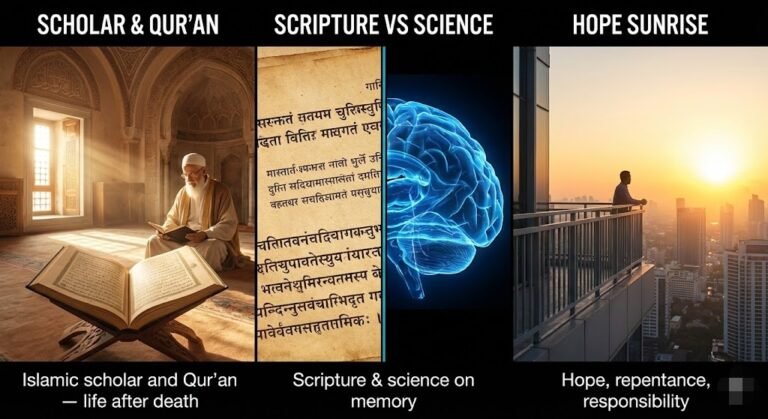Unveiling the Majesty: Understanding Allah’s Rising Over His Throne Beyond Misconceptions
My dear brothers and sisters in Islam, as we navigate the beautiful yet sometimes intricate landscape of our faith, it is crucial that we approach the understanding of Allah Almighty with the utmost reverence, seeking knowledge rooted in authentic sources and the wisdom of our pious predecessors. Today, I wish to address a topic that has, at times, been a source of confusion for some: the concept of Allah’s rising over His Throne (استواء).
It warms my heart to see your eagerness to learn and understand, but it saddens me when misconceptions arise, often due to a lack of proper grounding in the established teachings of our scholars. So, let us, with open hearts and minds, delve into this matter, drawing from the clear guidance provided by the Quran, the Sunnah, and the understanding of the Salaf – those blessed early generations of Muslims.
The Sacred Texts Speak: Affirming Allah’s استواء
Allah Subhanahu Wa Ta’ala Himself tells us in His glorious Quran in several verses, such as in Surah Al-A’raf (7:54), Surah Yunus (10:3), Surah Ar-Ra’d (13:2), Surah Taha (20:5), Surah Al-Furqan (25:59), Surah As-Sajdah (32:4), and Surah Al-Hadid (57:4), that He “rose over the Throne” (استواء). These are clear statements in our holy book, and as believers, our first and foremost duty is to affirm what Allah has stated about Himself.
However, the crucial point, my dear brothers and sisters, is how individuals understand this divine attribute.
Beyond Physicality: Allah’s Transcendence and Majesty
One of the most significant misconceptions that can creep into Peoples’ understanding is the notion that Allah’s rising over His Throne implies a physical movement or a need for a physical location, similar to how created beings occupy space. This, we must firmly reject. Allah is far removed from any such limitations or needs. He is Al-Ghaniyy (The Self-Sufficient), free from any dependence on His creation.
As the scholars of the Salaf, whose understanding we strive to emulate, have clearly articulated, the استواء of Allah over His Throne is an attribute that befits His majesty and grandeur. It is not to be understood in a literal, anthropomorphic sense that would liken Allah to His creation.
Consider this, my dear friends: Allah is the Creator of time and space. How then can He be bound by the very things He has created? His attributes are unique and unlike those of His creation. To try and understand His attributes through the lens of our limited human experience is to fall into error.
The Wisdom of the Early Generations: A Guiding Principle
The way of the Salaf-us-Salih (the righteous early generations) in understanding Allah’s names and attributes is one of affirmation without таkyif (asking “how?”), tamthil (likening to creation), or ta’til (denying the attribute). We affirm what Allah has affirmed about Himself and what His Messenger (peace be upon him) has affirmed, without delving into the specifics of how this occurs, and without likening it to the attributes of created beings.
This approach safeguards us from falling into speculation and misinterpretation. It reminds us that there are aspects of the divine realm that are beyond our full comprehension, and our role is to submit to the clear revelations with faith and understanding.
Avoiding the Pitfalls of Literalism and Speculation
My beloved brothers and sisters, it is important to be wary of interpretations that rely solely on a superficial reading of the texts without considering the broader context of Islamic theology and the established understanding of our scholars. Engaging in speculation about the how of Allah’s attributes can lead to confusion and even deviation.
Instead, let us focus on what truly benefits us: understanding the implications of Allah’s attributes for our lives. Knowing that Allah is above His creation in a manner that befits His majesty should inspire in us awe, reverence, and a profound sense of His greatness. It should not lead us to imagine Him in ways that are inconsistent with His perfect nature.
A Call to Reflection and Sincerity
So, when we encounter the verses speaking of Allah’s استواء over His Throne, let us affirm this truth with unwavering faith, understanding it in a way that is befitting of Allah’s majesty and transcendence, as understood by the early generations of this Ummah. Let us avoid the pitfalls of literalism and speculation, and instead, focus on deepening our knowledge through reliable sources and the guidance of esteemed scholars.
May Allah grant us a clear understanding of His magnificent attributes and enable us to worship Him with knowledge and sincerity. Ameen.🤲




